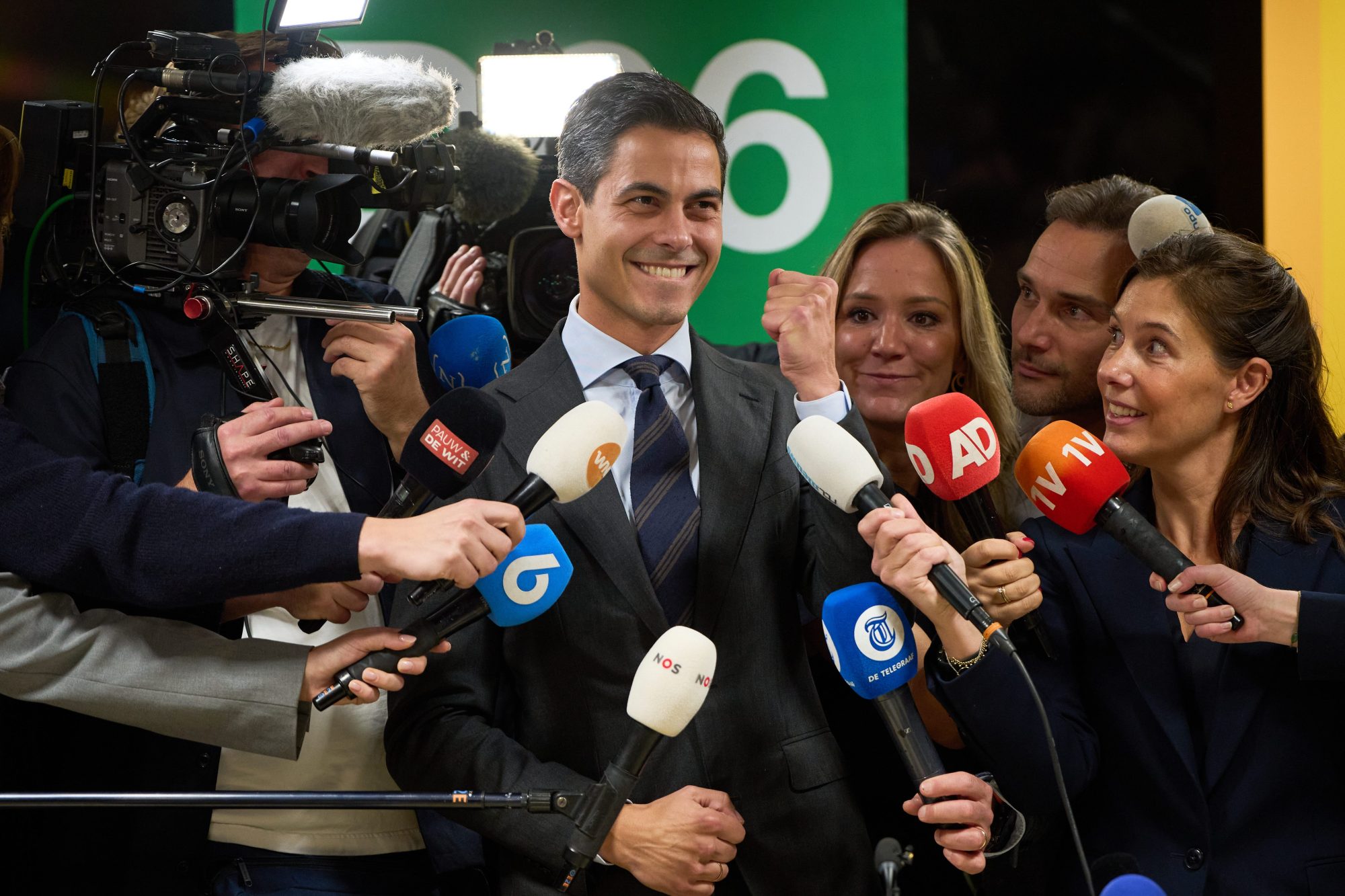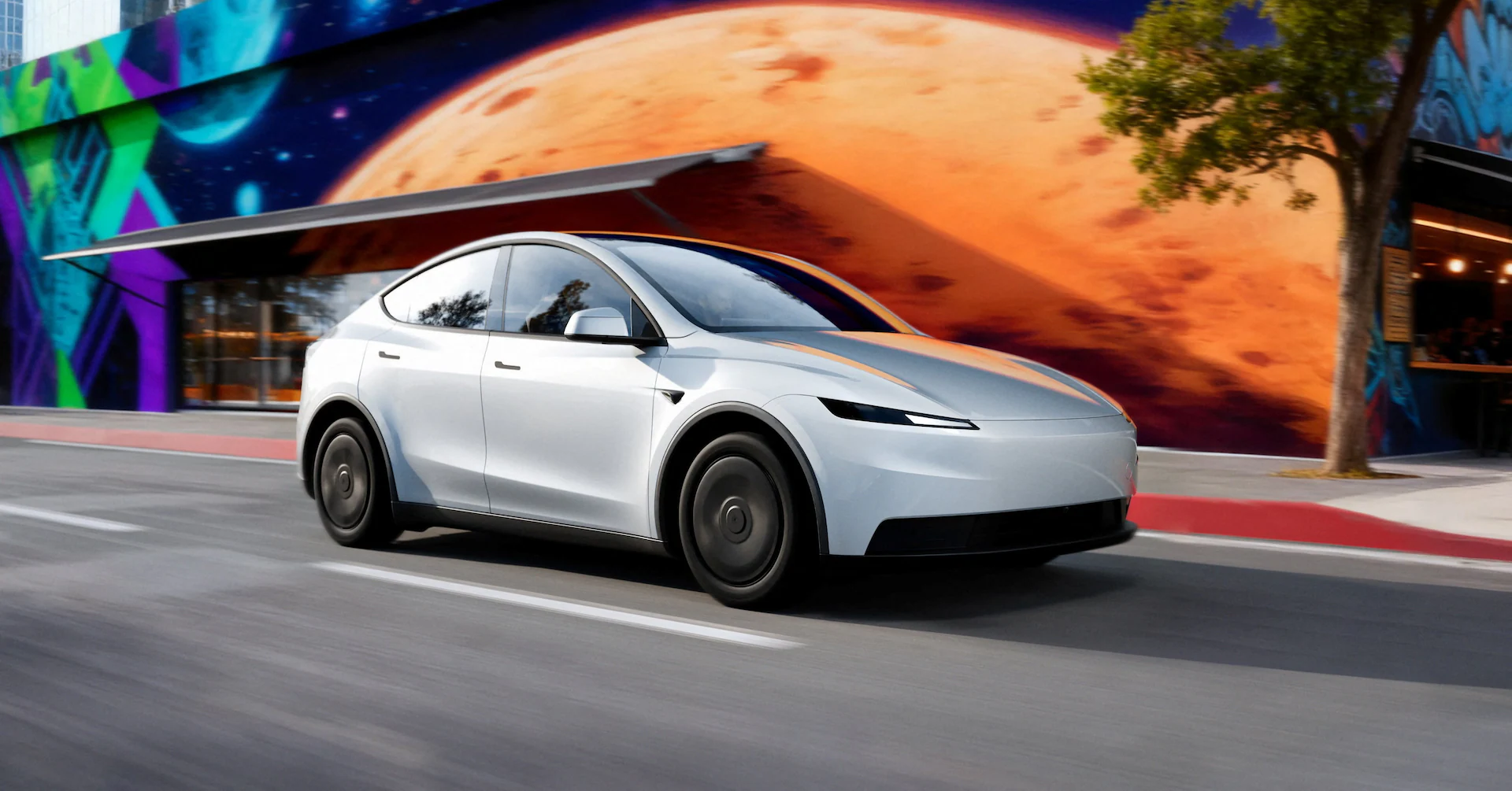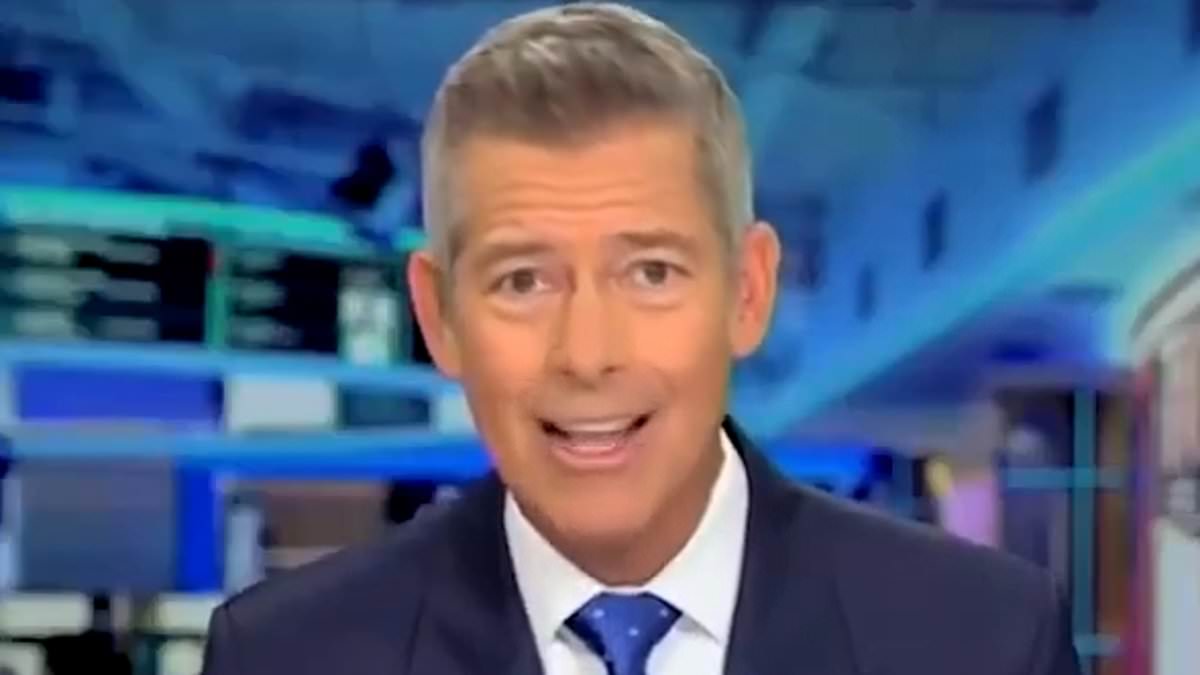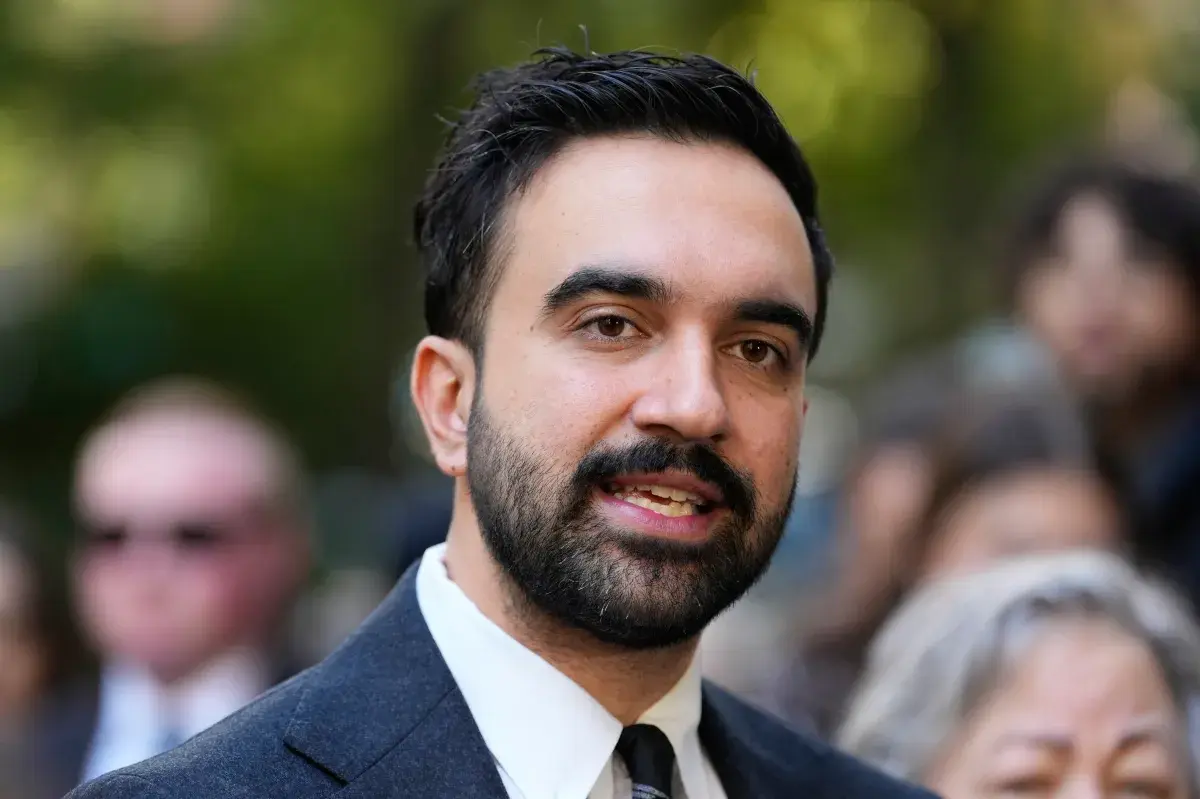Copyright channel4

The Netherlands appears set for a swing back to the centre ground after an election that has seen the liberals making the biggest gains. But the far-right, though down, are by no means out. Dutch liberal Rob Jetten, pictured above, now appears certain to be named the next Prime Minister – even if his D66 party doesn’t actually win the election. At the time of writing on Thursday, with most of the votes counted, Jetten is neck and neck with far-right populist Geert Wilders in the race for first place. “D66 has been out in the wilderness. But that now appears to be an advantage.” – Georg Von Harrach Wilders has already conceded that his chances of forming a government – even if he wins the most seats – are close to zero, after all the other major parties distanced themselves from him. Although he would still like to give it a try. Dutch politics always requires coalition-building and, while Wilders’ Party for Freedom (PVV) was brought into government last time, its toxicity also brought it down within just 11 months. The PVV held five cabinet positions, but Wilders himself was excluded leading to the farcical situation where he would criticise what was effectively his own government from the sidelines. By contrast, D66 has been out in the wilderness. But that now appears to be an advantage – a party untainted by those who took part in the right-far-right coalition of the last two years. The mathematics are also in the liberals’ favour. Rob Jetten looks to be in the luxurious position of being able to form a majority government with other mainstream parties from the centre-left and centre-right. “A stable cabinet needs to be formed quickly, and one where parties don’t just look at their own supporters,” he said cautiously in the early hours of this morning. Rob Jetten’s meteoric rise It is an extraordinary turnaround for a party that was being written off just two years ago. As the junior partner in Mark Rutte’s last government, D66 was severely punished by the electorate in 2023 leaving it with just nine seats in parliament. But the party’s televisual and dynamic new leader has managed to break through the cacophony of Dutch politics this time round. Aged 38, Rob Jetten fought an energetic and positive campaign largely away from the bitter and fractious arguments between Wilders and his left-wing nemesis, former EU commissioner, Frans Timmermans. How other parties have fared Timmermans’ Green-Left party performed much worse than predicted – and he has immediately resigned as leader this morning. It is unlikely that battle-hardened Wilders will do the same. Although falling back from its high in the previous election, PVV remains the biggest, or second-biggest, party (at the time of writing it is too close to call). But it is undoubtedly a swing back to the centre for Dutch politics. “The positive forces have won! I want to work for all Dutch people, because this is the country of all of us”, Rob Jetten wrote on social media, sounding victorious, but also alluding to the deep divisions of recent years. If the PVV does come out with the largest share overall, convention says that Wilders will still get the first opportunity to try to form a government. And although his chances of being able to do so successfully are minimal, he is determined that he will not be passed over. Former French Prime Minister, Gabriel Attal, called it “a victory for pro-European, liberal, and progressive ideas!” “The PVV wants to take the lead in the formation [talks] if we were to become the largest”, he insisted this morning. But the expectation is that sooner or later that baton will be passed to Jetten. ‘A victory for pro-European’ The political centre-ground in other European countries were quick to celebrate his likely premiership. Former French Prime Minister, Gabriel Attal, called it “a victory for pro-European, liberal, and progressive ideas!” The former Deputy Prime Minister of Romania, Dan Barna, said the results showed that “good politics win, and that citizens appreciate democracy, liberty, and Europe.” Forming a government in the Netherlands is usually a process that takes several months. Negotiations between the parties are expected to start as soon as the final result is known. Current Prime Minister, Dick Schoof, is expected to remain in post for the interim. When a new government finally takes up office there will be major challenges waiting to be tackled. Like much of Europe, the Dutch economy is currently steady, though sluggish and there is pressure on government resources. The Netherlands needs to find new cash to meet Nato defence spending commitments, a housing shortage in Europe’s most densely populated country is becoming unsustainable and EU environmental targets coming down the track risk a new collision course with farmers and industry.



